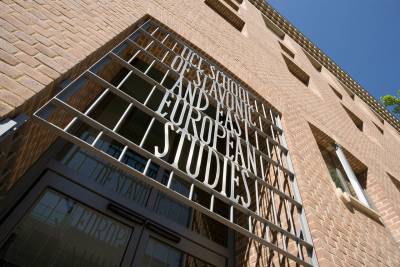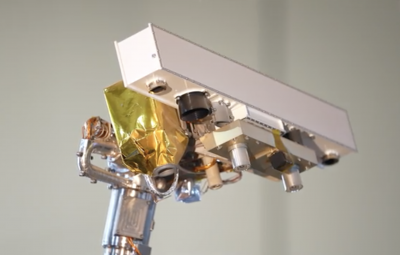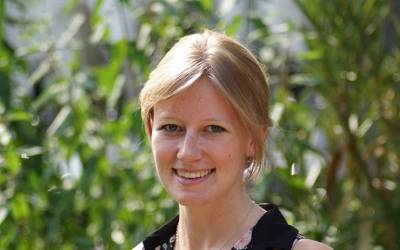Working with our partners across the world
£1 million research grant from the Norwegian Research Council

A joint £1m grant has been awarded by the Norwegian Research Council to fund work that explores this instability. Dr Allan Sikk, UCL SSEES, together with his co-authors at University of Bergen and Pennsylvania State University, will explore the phenomenon in Ireland, Norway and the Netherlands since the 1960s and Estonia, Italy, Lithuania, Poland and Romania since the 1990s.
By working with parliaments and political parties this project will provide the first unified framework to understand the effects of this kind of party switching. It will map diverse and ongoing instability, including new parties forming, investigate whether external factors like economic crises contribute, and try to understand how all this impacts voter support. It is initiatives like this which put UCL at the heart of global debate around the future of our societies.
‘Eyes’ of Mars rover get test run on Earth

Is there life on Mars? We may just find out, with the help of a highly advanced camera system developed by the UCL Mullard Space Science Laboratory.
The panoramic camera, or PanCam system will be the ‘eyes’ of the European Space Agency’s Rosalind Franklin rover, providing unique 19-colour imaging and 3D vision to enable the identification of water-rich minerals. The hope is that these will point to signs of past, or even present life.
Last year the project moved a step closer to launch by using a replica of the equipment to test a wide range of photo settings – from panoramas to close-ups, 3D maps to wheel selfies. The PanCam team have developed the ‘Mars-proof’ hardware to withstand radiation and extreme temperatures, from zero degrees during the day down to –120C at night. We eagerly await the first results of the mission when it will land in summer 2023.
WHO Collaborating Centre for Arts & Health

The four-year collaboration recognises the unprecedented work of UCL’s interdisciplinary teams of academics to explore the potential of arts, heritage and cultural engagement to positively influence mental and physical health.
The Centre will help UCL join forces with countries across Europe to bring this work to the forefront of public health research. Projects already running include a group singing intervention for new mums experiencing post-natal depression. Shown to have great success in the UK, it is now being rolled out Romania and Denmark and is just one example of how innovative UCL research is contributing to mainstream healthcare practices around the world.
Images
- Landing page thumbnail: European Space Agency’s Rosalind Franklin rover, credit ESA
- UCL School of Slavonic & East European Studies
- ESA Mars Rover PanCam system, credit UCL Mullard Space Science Laboratory
- Dr Daisy Fancourt (UCL Institute of Epidemiology & Healthcare), Director of the new WHO Collaborating Centre on Arts & Health centre
 Close
Close

